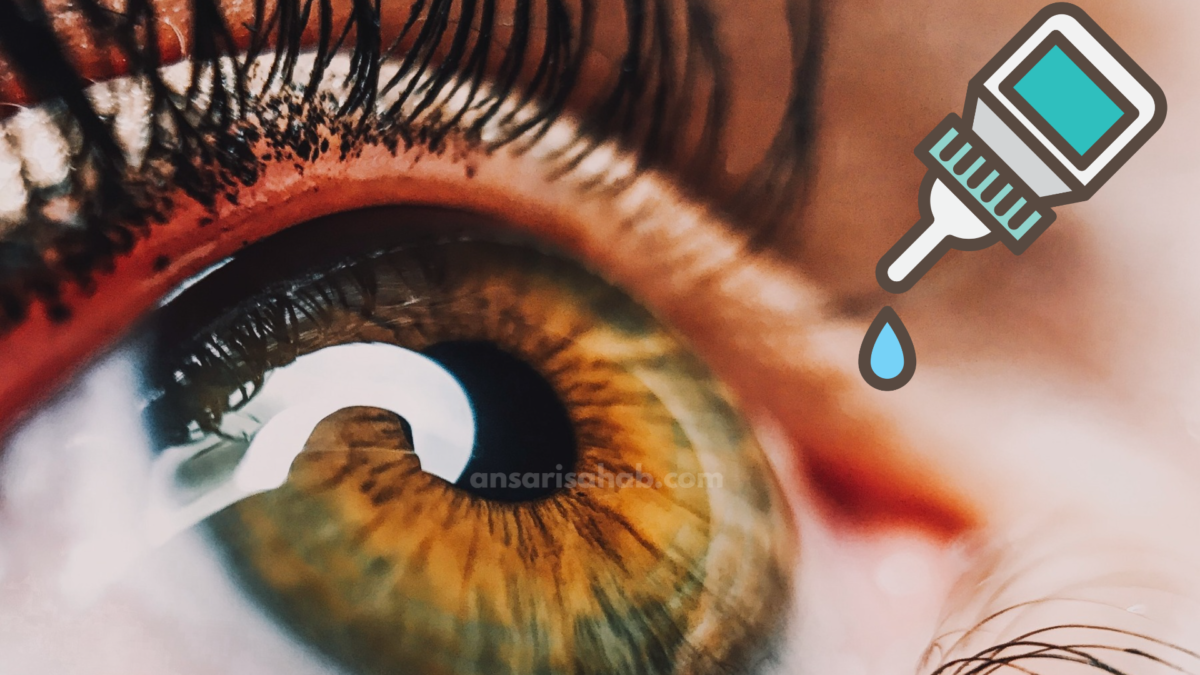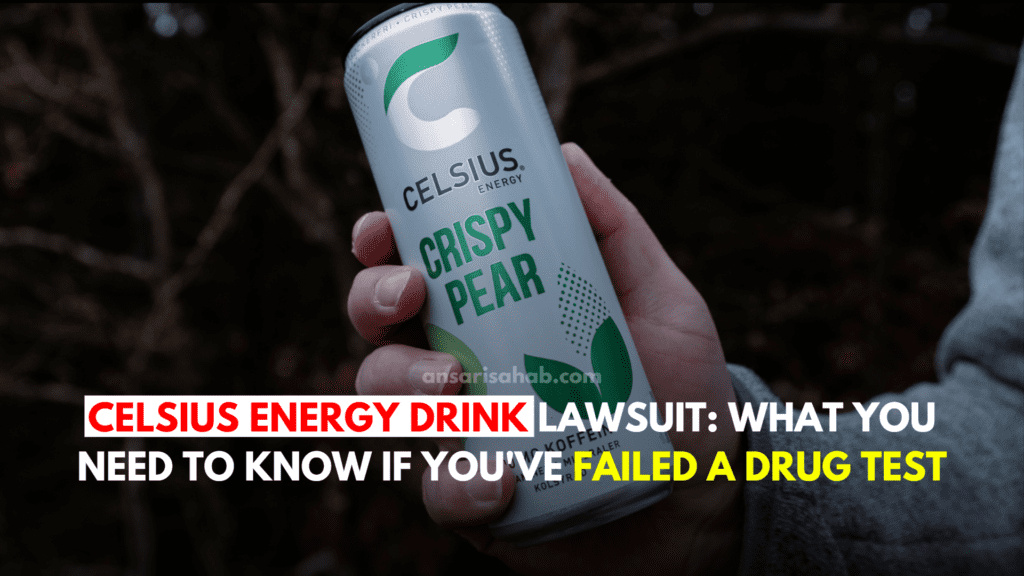The Food and Drug Administration (FDA) has recently issued a critical warning to consumers regarding a recall of over-the-counter (OTC) eye drops due to the potential risk of severe eye infections. This recall includes a substantial number of brands and products, potentially affecting the eye health of countless individuals. In this comprehensive guide, we will explore the details of this eye drop recall, the symptoms of eye infections, treatment options, and crucial prevention strategies. Your eye health is paramount, and staying informed and cautious is the key to safeguarding your vision.
The Eye Drop Recall: Understanding the Risk:
The FDA’s warning revolves around the discovery of bacterial contamination in a range of OTC eye drops. Bacteria such as Pseudomonas aeruginosa have been identified in various eye drop products. These contaminants pose a significant risk of causing serious eye infections that could potentially lead to partial vision loss or even blindness. To ensure your eye health is not compromised, let’s take a closer look at the brands affected by this recall:
- Artificial Tears
- EzriCare Artificial Tears
- Delsam Pharma’s Artificial Tears
- CVS Health Artificial Tears
- Leader Artificial Tears (Cardinal Health)
- Rugby Artificial Tears (Cardinal Health)
- Rite Aid Artificial Tears
- Target Up&Up Artificial Tears
- Velocity Pharma Artificial Tears
Immediate Action Required:
If you possess any of the recalled eye drop products mentioned above, it is imperative to cease using them immediately. The next crucial step is to discard these contaminated eye drops appropriately. To understand why this is vital, it is crucial to recognize the potential symptoms of an eye infection.
Symptoms of an Eye Infection:
Eye infections can manifest in various ways, with symptoms that may include:
- Redness
- Pain
- Swelling
- Discharge
- Itching
- Sensitivity to light
- Vision changes
If you experience any of these symptoms, it is essential to seek prompt medical attention to receive a diagnosis and appropriate treatment.
Treatment for Eye Infections:
The type of treatment required for an eye infection depends on its nature, whether it is bacterial, viral, or fungal. Common treatments may include:
- Antibiotic eye drops
- Antibiotic ointment
- Antibiotic pills
- Corticosteroid eye drops
- Antiviral eye drops
- Antifungal eye drops
In severe cases, surgery may be necessary to address the infection effectively. However, prevention is always the best course of action.
Preventing Eye Infections:
Protecting your eyes from infections involves adopting a range of preventative measures:
- Hand Hygiene: Wash your hands thoroughly with soap and water, particularly before touching your eyes, to minimize the risk of transferring contaminants.
- Personal Items: Avoid sharing eye makeup and other personal items to prevent the potential spread of infections.
- Contact Lens Care: If you wear contact lenses, clean and maintain them according to the manufacturer’s instructions, and replace them as recommended.
- Refrain from Water Activities: Avoid swimming or using hot tubs if you are currently dealing with an eye infection, as these environments can exacerbate the condition.
- Regular Eye Exams: Schedule routine eye examinations with your optometrist or ophthalmologist to monitor your eye health and detect potential issues early.
Additional Information:
The FDA is actively investigating the source of contamination in the recalled eye drops and collaborating with the manufacturers to recall all affected products. For any inquiries or concerns related to the eye drop recall, consumers can contact the FDA directly at 1-888-INFO-FDA (1-888-463-6332).
Conclusion:
The recent FDA warning regarding the recall of specific over-the-counter eye drops serves as a stark reminder of the importance of vigilance when it comes to our eye health. If you possess any of the mentioned recalled eye drops and are experiencing any eye-related issues, it is crucial to cease usage immediately and dispose of them as advised. Additionally, do not hesitate to consult your healthcare provider for professional guidance and treatment. Your vision is invaluable, and by adhering to preventive measures, such as good hand hygiene and regular eye exams, you can help safeguard your eyes from potential infections and maintain optimal eye health.









